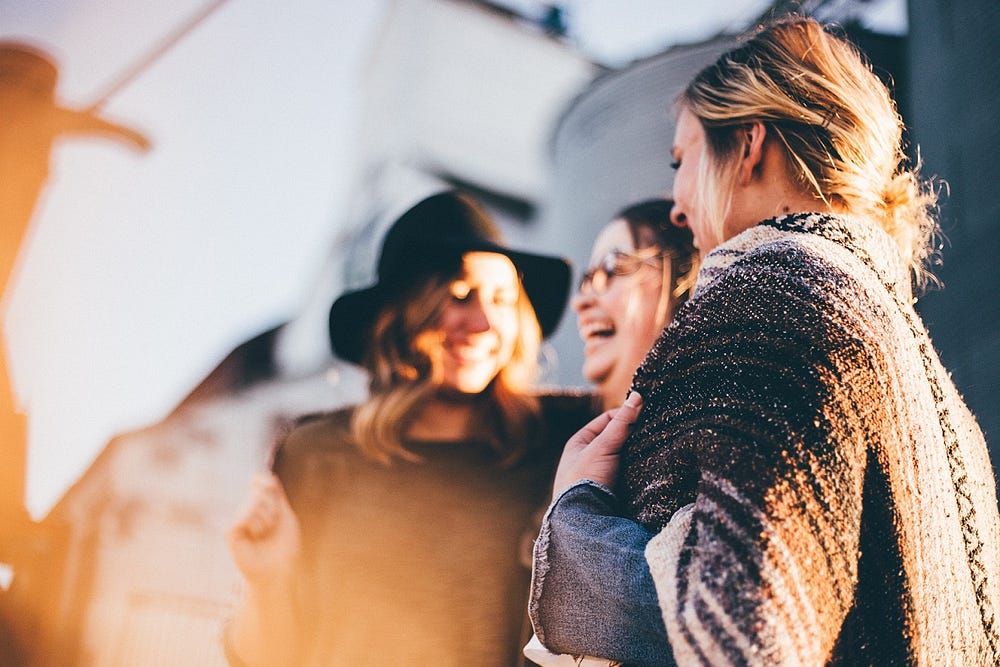If you’ve been contemplating how your take on pre-COVID relationships have drastically changed with the pandemic, you’re certainly not alone. Travel restrictions, social distancing, financial stress, and health worries have all thrown many people into unfamiliar territory. And this has had a profound impact on relationships of all forms—whether it’s family, romantic, or social.
In reality, the dynamics of our relationships have experienced dramatic change over the past decade. This was led by technology that has altered how we communicate, share, and engage. Our communications have risen not just in numbers, but also in frequency and reach. Yet conversations have gotten shorter and are increasingly replaced by emojis and abbreviations that are hard to decipher for many older generations. And one-on-one human interactions have taken a back seat with the emergence of the virtual world. Even romantic relationships have moved to the cyberspace with dating apps like Tinder marking record growth.
But now, this remarkable influence of technology on our relationships has been outpaced by a virus. And research suggests some interesting facts that could be a glaring reminder of both the enduring strength and the brittle nature of humankind.
The pandemic has made relationships a priority
During the lockdowns, more than 3 in 5 people have come to realize that relationships are the most important thing in their lives — this is what the UK non-profit Relate has found. This translates well, especially for family relationships, in a world where human connections were severed by the adoption of technology, the wrong way.
During pre-COVID times, staring at a screen while disengaged from real-life interactions had become commonplace. In fact, an average American checked their phone 96 times a day. And parents spent nearly an equal time with their phones as they did with their kids—only 24 minutes less.
But the pandemic has suddenly created ample time for reflection. This coupled with prolonged periods of distance from friends and family and the loss of loved ones or the possibility of it have driven many people to rethink their most cherished and precious relationships. After all, there’s no better time than a crisis of epic scale to re-evaluate what’s most important to you.
Friendships have changed since the lockdowns

According to research, 24% of respondents are separating their true friendships from the rest as they remain in isolation during the pandemic. As the global health crisis unfolded, many lives were thrown into turmoil, especially with financial hardships and the emotional distress of isolation. And these have likely given them an opportunity to uncover the true nature of their closest friendships.
In fact, nearly 1 in 7 individuals has now realized that they share little in common with certain friends. And 30% would see some of those friends much less once the enforced isolations are lifted. It doesn’t come as a surprise considering how many friendships of today are fostered by technology-led communication and engagement. This has made it easier to cloud judgment and pursue superficial and mostly virtual relationships.
Extra pressure on already strained marriages
COVID-19 has allowed much needed together time to reunite families estranged with the overwhelming work routines of the pre-pandemic era. But it has also led to more tension in some already strained relationships. And from escalating domestic violence to divorce inquiries, signs of cracked marriages have raised alarm bells in all corners of the world.
China, where the virus scare first emerged, reported a three-fold rise in domestic violence cases in its Hubei Province. Divorce agreement sales have also increased by a staggering 34% during the pandemic times, according to a major legal-document creator. And the charity Citizen’s Advice reports a 25% increase in visitors to its divorce page.
While providing time to cool off and reconcile, the pandemic has also created a new set of pressures. Mounting financial worries, the distress of dealing with the death of a loved one, and the challenges of looking after home-schooled kids have all likely placed extra strain on marriages that are already experiencing tension.
Eased pressure to socialize

Modern-day social pressures could be mentally straining for more people than you think. Keeping up appearances and excessive social sharing could sometimes be exhausting, even for extroverts. So, it’s little wonder that many people are enjoying their time in solitude during the pandemic. Studies show that 45% of people are relieved that the pandemic has eased the pressure to socialize.
But they are also stressed about the prospects of socializing once the COVID-related restrictions are lifted. As many as 2 in 5 are anxious about having to socialize again. And 1 in 3 young people is dreading the return of FOMO (fear of missing out).
Evidently, the pandemic has given many individuals a taste of a new kind of life that’s devoid of socializing pressures. And this is likely making them rethink how they organize their social interactions in the future.
A new take on dating
As restaurants, pubs and cafes shuttered and social distancing and self-isolation restrictions were enforced, all hopes of dating waned for many singles. But the search for love picked up just a few months later, and online dating apps like Tinder and Bumble saw a surge in activity by users.
Despite that, dating might never be the same, thinks 63% of those looking for romantic relationships, according to a OnePoll study for WooPlus. And for 66%, COVID-19 is the biggest game-changer since the advent of online dating.
The study also suggests some revealing evidence on what we could expect in the future. As the pandemic-driven restrictions continued, virtual dates have quickly replaced real-world meetups, with many dating sites offering video chat facilities. And now 1 in 3 people believe virtual dating is here to stay.
Meanwhile, according to 57%, the pandemic has made it easier to become comfortable with their new partners. This includes those pivotal moments in all new relationships, such as leaving the bathroom door open, not wearing makeup, sharing deep secrets, and even meeting their family.
COVID-19 has undoubtedly been an overwhelming and stressful experience for many people. It has tested the strength of humankind in more ways than one. But its ramifications have also provided a glimpse into a new kind of life unfamiliar to many individuals—one with an abundance of time to reflect, recharge, re-assess, and appreciate.
As a result, the impact of the pandemic on our relationships has been multi-faceted, with both positive and negative consequences. And undoubtedly, some of its effects will be much longer lasting than others.


